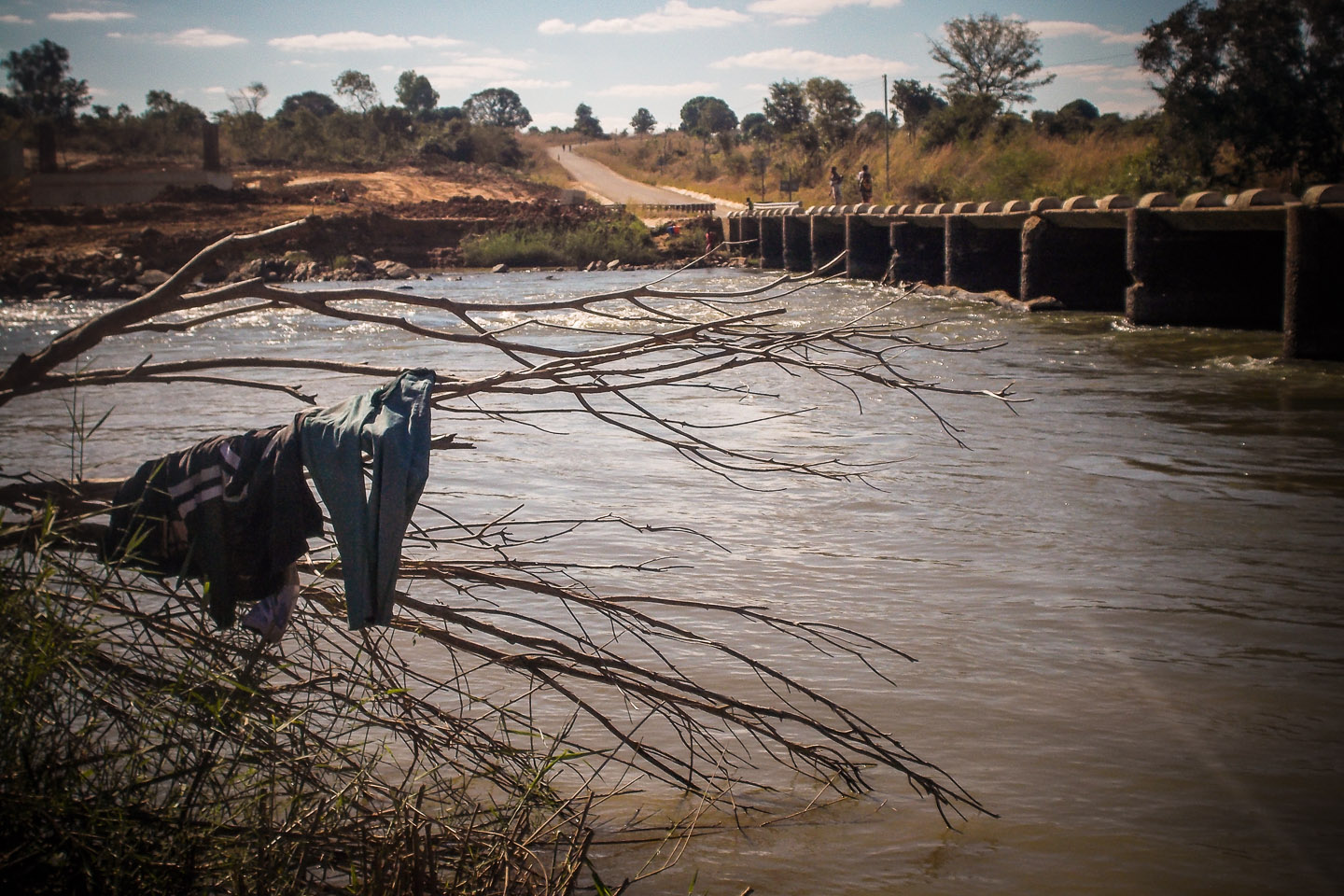|
Rarico River
The Rarico River is a river in Mozambique. The river is a tributary of the Lugenda River, itself a tributary of the Ruvuma River. During the Portuguese colonial era, a European expedition — operating on behalf of the Nyassa Company The Niassa Company or Nyassa Chartered Company () was a royal company in the Portuguese colony of Mozambique, then known as Portuguese East Africa, that had the concession of the lands that include the present provinces of Cabo Delgado and Nia ... — discovered gold in the Rarico's sandy riverbed. References {{coord missing, Mozambique Rivers of Mozambique ... [...More Info...] [...Related Items...] OR: [Wikipedia] [Google] [Baidu] |
Lugenda River
The Lugenda or Lujenda (alternate: Msambiti River) is a river of northern Mozambique. It flows in a south-north direction from Lake Amaramba/Lake Chiuta and is the largest tributary of the Ruvuma River. It joins the Luambala River at . The river valley is reported to be only above sea level. North of Lake Chiuta, those on the west bank call it the Msambiti River. At one point, the Lugenda splits into several streams with islands between them, some of whom are populated such as the island Achemponda. Elephants loom large in the life of people of the Lugenda River Valley. The tribal people, inhabiting the river valley for several thousand years, are mainly the Yao and Makua tribals. Other groups residing here are Ngoni, Marave and Matambwe people. Etymology The etymology of the word Lugenda in Yao language, a Bantu language spoken by the Yao people (East Africa) in Africa}, has the literal meaning “a large river.” Geography The Lugenda River, which joins the main R ... [...More Info...] [...Related Items...] OR: [Wikipedia] [Google] [Baidu] |
Mozambique
Mozambique (), officially the Republic of Mozambique ( pt, Moçambique or , ; ny, Mozambiki; sw, Msumbiji; ts, Muzambhiki), is a country located in southeastern Africa bordered by the Indian Ocean to the east, Tanzania to the north, Malawi and Zambia to the northwest, Zimbabwe to the west, and Eswatini and South Africa to the southwest. The sovereign state is separated from the Comoros, Mayotte and Madagascar by the Mozambique Channel to the east. The capital and largest city is Maputo. Notably Northern Mozambique lies within the monsoon trade winds of the Indian Ocean and is frequentely affected by disruptive weather. Between the 7th and 11th centuries, a series of Swahili port towns developed on that area, which contributed to the development of a distinct Swahili culture and language. In the late medieval period, these towns were frequented by traders from Somalia, Ethiopia, Egypt, Arabia, Persia, and India. The voyage of Vasco da Gama in 1498 marked the arrival of t ... [...More Info...] [...Related Items...] OR: [Wikipedia] [Google] [Baidu] |
Ruvuma River
Ruvuma River, formerly also known as the Rovuma River, is a river in the African Great Lakes region. During the greater part of its course, it forms the border between Tanzania and Mozambique (in Mozambique known as ''Rio Rovuma''). The river is long, with a drainage basin of in size. Its mean annual discharge is at its mouth. Overview The lower Ruvuma river is formed by the junction at of two branches of nearly equal importance, the longer of which, the Lujenda, comes from the south-west, the other, which still bears the name Ruvuma, from the west. Its source lies on an undulating plateau, high, immediately to the east of Lake Nyasa, at , the head-stream flowing first due west before turning south and east. In its eastward course, the Ruvuma flows near the base of the escarpment of an arid sandstone plateau to the north, from which direction the streams, which have cut themselves deep channels in the plateau edge, have almost all short courses. On the opposite bank the ... [...More Info...] [...Related Items...] OR: [Wikipedia] [Google] [Baidu] |
Portuguese Mozambique
Portuguese Mozambique ( pt, Moçambique) or Portuguese East Africa (''África Oriental Portuguesa'') were the common terms by which Mozambique was designated during the period in which it was a Portuguese Empire, Portuguese colony. Portuguese Mozambique originally constituted a string of Portuguese possessions along the south-east African coast, and later became a unified colony, which now forms the Republic of Mozambique. Portuguese trading settlements—and later, colonies—were formed along the coast and into the Zambezi basin from 1498 when Vasco da Gama first reached the Mozambican coast. Lourenço Marques (explorer), Lourenço Marques explored the area that is now Maputo Bay in 1544. The Portuguese increased efforts for occupying the interior of the colony after the Scramble for Africa, and secured political control over most of its territory in 1918, facing the resistance of Africans during the process. Some territories in Mozambique were handed over in the late 19th cent ... [...More Info...] [...Related Items...] OR: [Wikipedia] [Google] [Baidu] |
Niassa Company
The Niassa Company or Nyassa Chartered Company () was a royal company in the Portuguese colony of Mozambique, then known as Portuguese East Africa, that had the concession of the lands that include the present provinces of Cabo Delgado and Niassa between 1891 and 1929. History In the late 19th century, Portugal's dominance of Mozambique began to be challenged by the establishment of neighboring British and German colonies. Although the borders of Mozambique had nominally been fixed by the Berlin Conference of 1884–1885, Portugal lacked the capital to exert effective control or economic exploitation of the territory. To help overcome this, in 1891 the Portuguese government authorised three private companies by royal charter to manage portions of Mozambique: the Mozambique Company, the Zambezi Company and the Niassa Company. The Niassa Company was given a concession which covered the current provinces of Cabo Delgado and Niassa, from the Ruvuma River to the Lúrio River and t ... [...More Info...] [...Related Items...] OR: [Wikipedia] [Google] [Baidu] |
